 |
 |
 |
|---|
 |
 |
|---|
 |
|
|---|---|
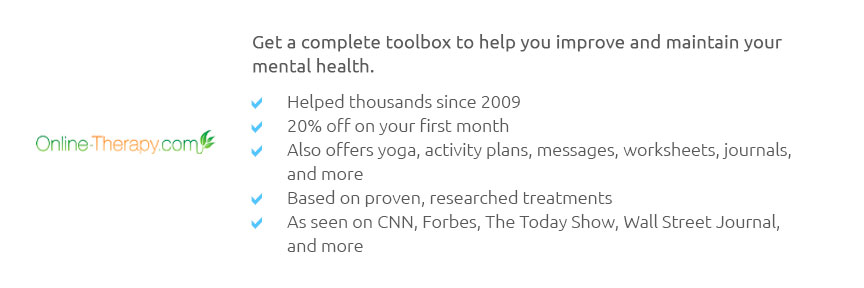 |
 |
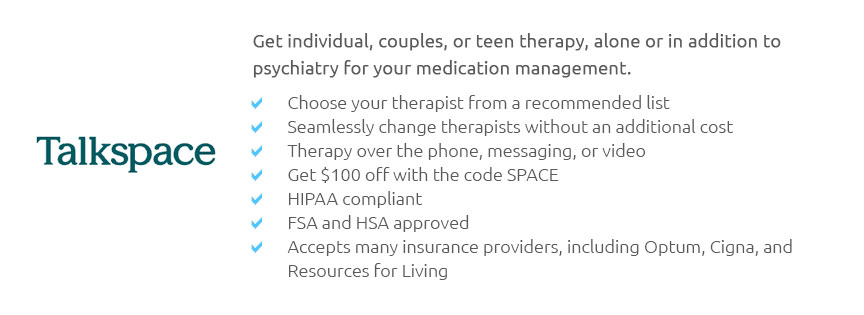 |
 |
 |
 |
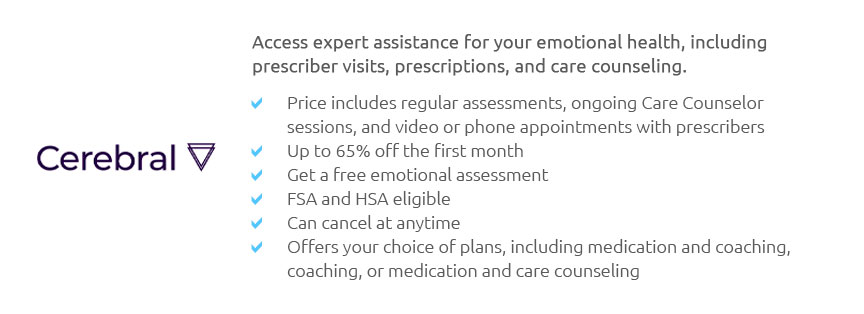 |
 |
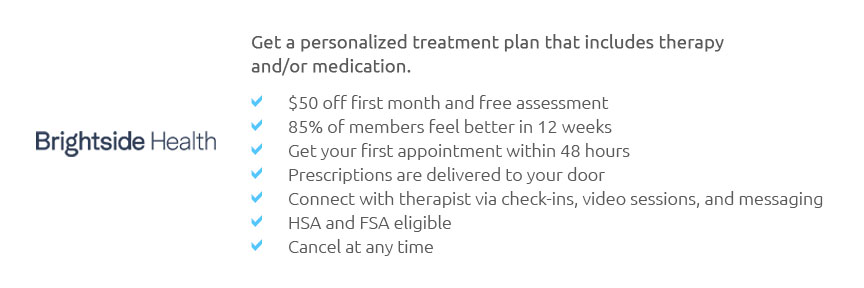 |
 |
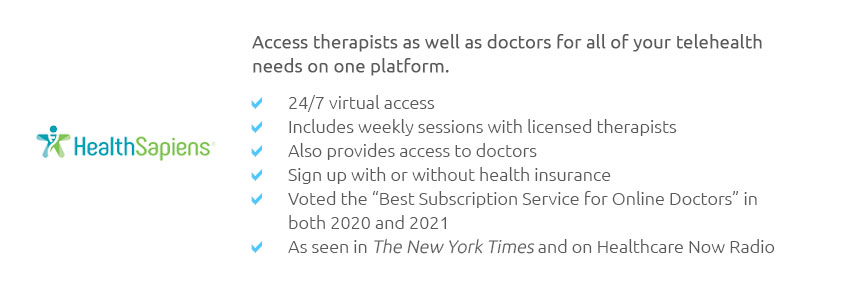 |
 |
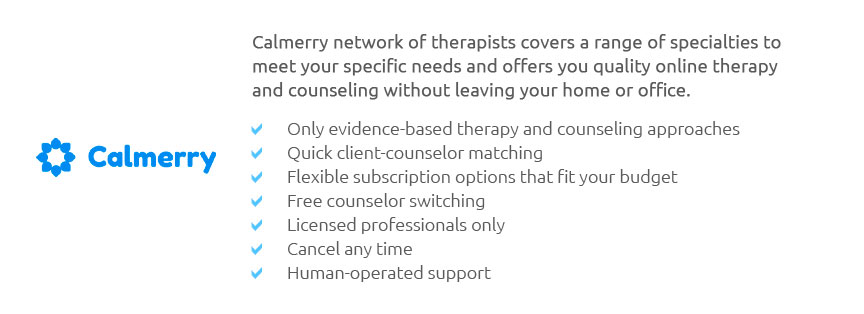 |
 |
 |
 |
|---|
How to Find the Right Therapist Near Me: A Comprehensive GuideFinding the right therapist can be a transformative step toward improving mental health. However, it can be challenging to choose the right professional among so many options. Here, we will guide you through the process, outlining the pros and cons of various approaches. Understanding Your NeedsBefore searching for a therapist, it's crucial to understand your personal needs and what you hope to achieve from therapy. Types of TherapyThere are several types of therapy available, each with unique benefits:
Consider Your PreferencesConsider factors such as the therapist's gender, age, and cultural background that might make you more comfortable. Researching OptionsOnce you understand your needs, begin researching potential therapists. Online DirectoriesUse online directories to find therapists in your area. A useful resource is the blue cross find a therapist directory, which can help narrow down options by location and specialty. Seeking RecommendationsAsking friends, family, or medical professionals for recommendations can provide personal insights. Additionally, you might find valuable information through memphis therapist recommendations if you are in that area. Evaluating Potential TherapistsAfter compiling a list of potential therapists, evaluate them based on several criteria. Credentials and ExperienceEnsure that the therapist is licensed and has experience with the issues you want to address. Initial ConsultationMany therapists offer a free initial consultation. Use this opportunity to ask questions and gauge your comfort level.
Making Your DecisionAfter evaluating your options, choose a therapist who meets your needs and with whom you feel comfortable. Trial SessionsIt's okay to try a few sessions before making a long-term commitment. Assessing ProgressRegularly assess your progress and communication with your therapist to ensure the relationship remains beneficial. FAQHow do I know if a therapist is right for me?The right therapist should make you feel comfortable and understood. It's important that their approach aligns with your goals and that you feel a sense of trust. What should I expect during my first therapy session?The first session typically involves discussing your background, current challenges, and goals for therapy. It's also a chance to ask questions and understand the therapist's approach. How often should I see my therapist?The frequency of sessions depends on your individual needs and goals. Typically, sessions are weekly or biweekly, but this can be adjusted as needed. https://www.reddit.com/r/AskSF/comments/1guagob/how_do_you_find_a_therapist_in_the_city/
I am in need of therapy, but a very specific type of the therapy that's out of network for me. ... find the right provider, you'll be able to move ... https://www.reddit.com/r/bayarea/comments/13iqltl/need_help_finding_a_therapist/
Of course, feel free to ask me any questions I can help with as well. *Disclaimer: The information contained in my posts/comments is general ... https://www.elisamartineztherapy.com/therapist-thoughts-on-anxiety-depression-trauma-stress/find-a-therapist-san-francisco
How do I find a therapist who's right for me and my unique needs? What type of therapy would help me best? Will my therapist take my insurance?
|
|---|